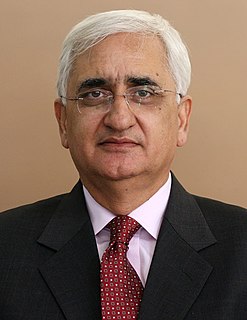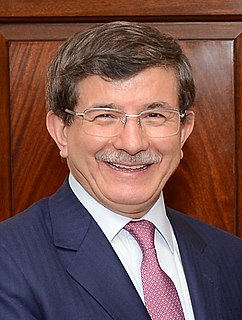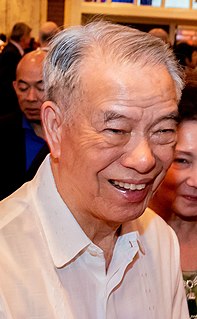A Quote by Sushma Swaraj
India's engagement with the ASEAN region lies in the clarity of the principles that we share.
Quote Topics
Related Quotes
Over the past eight years, the United States has worked hard to deepen partnerships across the region and across South-east Asia in particular. We're now a part of the East Asia Summit and we have a strategic partnership with Asean. At the US-Asean Leaders Summit I hosted earlier this year in Sunnylands, California, we agreed to a set of principles that will shape the future peace and prosperity of the region, from promoting innovation and furthering economic integration to addressing transnational challenges like global health security and climate change.
India considers Saudi Arabia a center of stability in the region. The security and stability of the Gulf region and that of the Indian subcontinent are interlinked. Bilateral security cooperation between India and Saudi Arabia will contribute to regional stability and in addressing the common threat of terrorism in the region.
I think that's the nature of the region, not even simply Eastern Europe but the Balkans. They are their own region. They are a peculiar place. They do share a history that we don't share with a country like Ukraine for example, and that's because of the presence of the Ottomans for hundreds of years.
In pursuing economic growth, India and the United States share similar values and similar challenges. We understand that the global economy is here to stay. To keep growing and leading the world in innovation and opportunity, the United States and India must trade freely, openly, and according to the principles of the global marketplace.






























